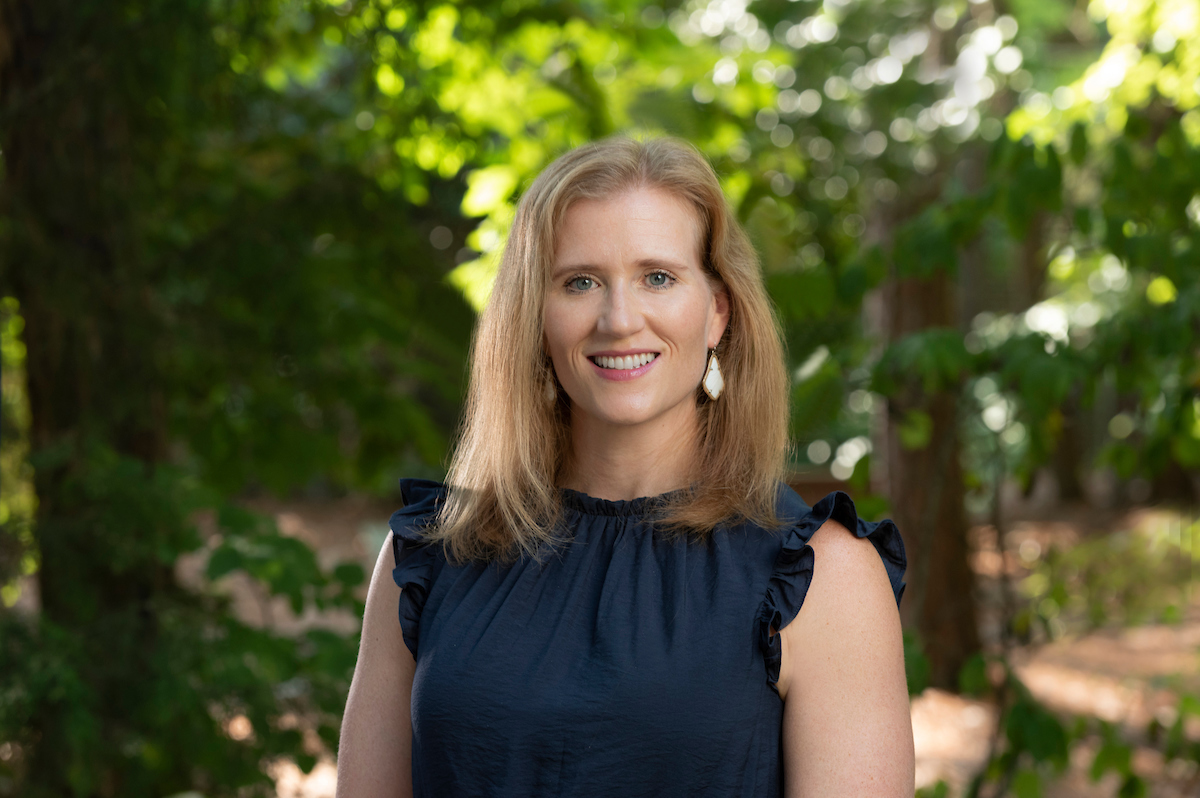Three Years Post-George Floyd, Police Training, Cultural Reform Is Sluggish, Experts Say
On changes since Floyd's death:
Brandon Garrett, professor and director of the Wilson Center for Science and Justice at Duke Law
“We have seen a flood of legislative activity, especially since the killing of George Floyd. Since his murder, we saw a surge in states passing new laws to regulate police. But not very many of these laws were passed – like, less than 10 percent. Many of the laws addressed sort of useful but not particularly hard-hitting subjects, like more resources for training, which is good, but not actually changing the rules for when police are allowed to use force -- very few states have done that.”
“Even in the third year since Floyd's murder, we've seen a real decline and willingness to actually do lawmaking around policing, and sort of a false narrative that this is sort of abolitionist, or you're just against police if you're trying to regulate police. And that's not right, this is about supporting police and making sure that policing is professional.”
Angela Weis Gammell, policy director of the Wilson Center for Science and Justice at Duke Law
“Some cities since George Floyd have also established civilian advisory and review boards to strengthen community oversight of police. Those boards can investigate allegations of police misconduct and make recommendations to the chief or sheriff, which can be really powerful, but transformative change has yet to occur. It's really hard to do that. All of these things sort of help move in the right direction. But I don't think that there's been a transformative change in terms of how cities manage and oversee their police departments, unfortunately.”
“A number of departments have also adopted bans on certain categories of force. So you can't use chokeholds, or bans on shooting at vehicles, which has a high incidence of hurting innocent bystanders and not actually resulting in any effective policing activity. Also, you know, putting a ban on using deadly force on individuals who only present a risk of harm to themselves is another ban that has gained some traction.”
On accountability culture:
Elana Fogel, professor and director of the Criminal Defense Clinic at Duke Law
“A change in culture is what many reform activists and advocates call for, in addition to the legislative and legal changes -- what policies are not only enacted, but whether they're enforced. What leadership in departments emphasizes. What’s celebrated. It’s not just what's punished, it’s what's celebrated and if anything, what is punished even if the correct or better policies are in place. How they’re communicating about misconduct. … Is there any communication when an officer is found to have been untruthful on the witness stand? Does that get back to their superiors? Is there any action taken.”
On challenges with unions:
Angela Weis Gammell, policy director of the Wilson Center for Science and Justice at Duke Law
“Forty-one states have police unions. They play an enormous role in officer discipline. Typical union contracts will set rules and procedures for investigating allegations of misconduct. This includes when where and by whom an officer can be interviewed, often, including some form of delay, which of course creates an opportunity for the officer to confer with others and make sure that they get their story straight about what happened. That also means that, even if there is no ill will, (their) memory is not as fresh when they're interviewed.”
“The union contract also usually calls for expungement of records of past disciplinary actions or accusations of misconduct, which makes it really hard to take progressive action or to track potential issues with specific officers. And then union contracts will spell out grievance and arbitration rules that allow for robust challenge of adverse personnel action, usually offering up to seven or eight opportunities to appeal.”
“In terms of what can be done, the city can establish an independent body to investigate allegations of officer misconduct to make sure that it's not the police department themselves that are conducting the investigation -- that can be really helpful. States can legislate the subjects of police bargaining to eliminate disciplinary procedures from being subjected to negotiation with unions -- that can potentially be really powerful. States can create certification standards and then create a database to track officers who have been disciplined, to track officers who have been fired, and if they've been fired for reasons related to misconduct, to decertify those officers so that they're not hired by other departments.”


